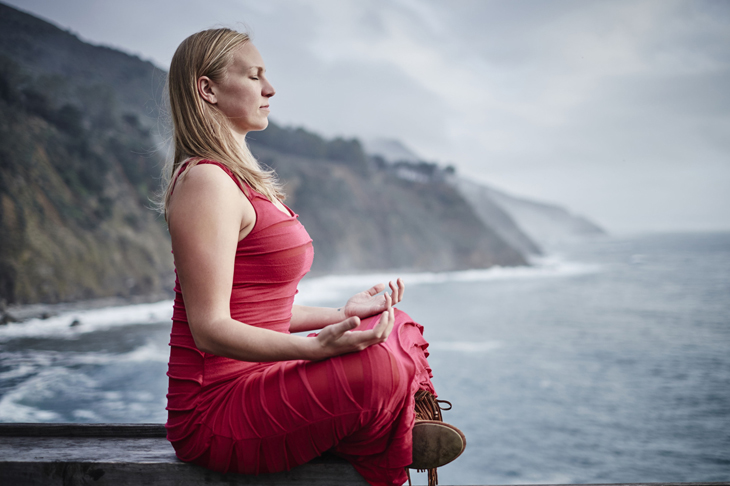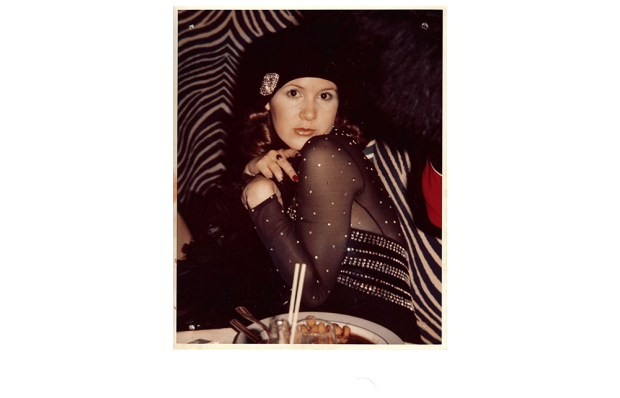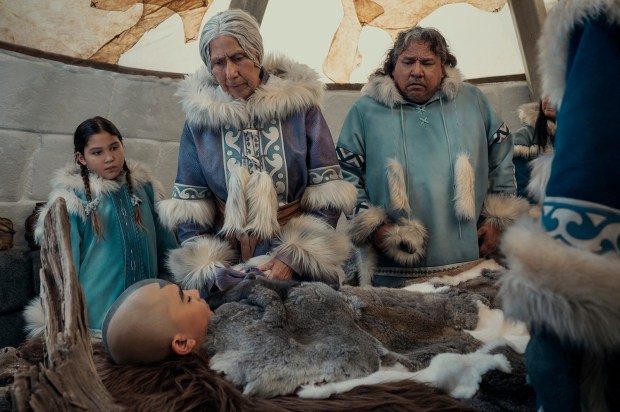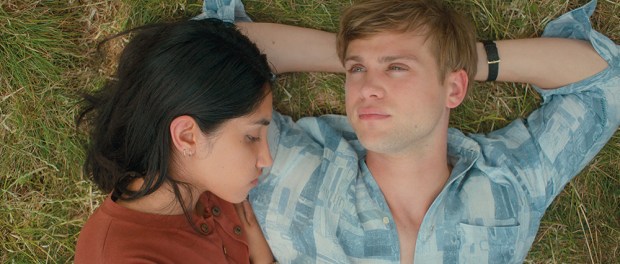There’s an incredibly addictive old iPhone game called Doodle God where you effectively invent civilisation from scratch by combining basic elements. So, for example, water plus lava creates steam; the steam, in turn, can be combined with another more advanced element, I forget which, later in the game to create steam power; and so on and on until, from the primordial ooze, you have, through continual experiment, created nuclear weaponry and computers and aeroplanes and all the things we take for granted today.
I was reminded of it while watching part one (of two) of The Summer Of Love: How Hippies Changed the World (BBC4, Friday). Hippiedom, it argued, emerged from the random collision of three disparate movements in the late 1960s San Francisco Bay area — the Nature Boys, the Truthseekers and the Political Wing.
We now take it for granted that organic carrot juice, psychedelic drugs and virulently left-wing politics go hand in hand, but by the documentary’s account this was an accident of geography and fate: it just so happened that the radicals from America’s most left-wing university, Berkeley, lived next door to the acid-taking sophisticates who’d all read Aldous Huxley’s Doors of Perception and also to the back-to-nature freaks — such as Gypsy Boots, founder of America’s first health-food store in 1959 — who in turn had been inspired by the Lebensreform movement of late 19th-century Germany.
In my younger days, when I myself wore my hair long and may have dabbled in the occasional Red Dragon, Purple Om and Roobarb ’n’ Custard, I think I might have been quite surprised to learn that the hippies I idealised at the time — well, I liked Easy Rider, and used to play Jefferson Airplane’s ‘White Rabbit’ more often than was good for me — in fact shared the same ideological roots as the Hitler Youth.
Not now I’m older and wiser, I don’t. Beneath the kaftan of every other hippie beats the heart of a fascist — the intolerance, the zeal, the control-freakery — and it all stems from that moment, pinpointed in the documentary, when a left-wing activist and Berkeley drop-out named Jerry Rubin had a sudden insight: that there were more hippies than there were radicals.
The unfortunate result of this was that Rubin and his ilk realised that they could prey like vampires on these fluffy-headed flower children and turn their innocent yearning for peace, love and drug-addled sex into something much more dangerous, whose effects we are ruing to this day.
All that long hair, those beads, the patchouli, the starry eyes, the psychedelic sounds of the Grateful Dead; they were really just a kandy-kolored, tangerine-flake Trojan Horse for the values — or rather the anti-values — that have gone on to make our culture so weak, decadent and vulnerable to destruction by more iron-willed invaders.
This was, of course, exactly what influential campus thinkers of the time such as German-born cultural Marxist philosopher Herbert Marcuse wanted. For them, free love, female emancipation, black empowerment, the groovy rejection of authority and pursuit of the self — all sugar-coated with a great soundtrack and lashings of lovely psychotropics — were really just a means to an end: the death of the family, the dismantling of the system, and, ultimately the destruction of western civilisation.
I think of all the wonderful things the hippies gave us, and they are many: Love’s Forever Changes; the Hendrix soundtrack to Withnail & I; Jack Nicholson’s far-out grin; Led Zeppelin’s ‘Going To California’; paisley; marijuana; easy, meaningless sex; those pretty floral headbands that girls wear at Glastonbury; wibbly, spaced-out guitars; a generation of auteur filmmakers whose movies are more durable and interesting than a lot of the crap that passes for cinema today; Hunter S. Thompson and Tom Wolfe. And that’s before you think of everything that these things in turn influenced. Would there, for example, have been an MDMA-drenched Second Summer of Love like the one my generation enjoyed if it hadn’t been for the first Summer of Love at Monterey in 1967?
But what I’m decreasingly convinced by, the older I get, is the notion that the creative and orgiastic upside to all this licensed hedonism anywhere near compensated us for the profound and perhaps irreparable damage it has done to our culture. I’m no puritan: I agree with the great Ian Dury that ‘sex and drugs and rock’n’roll are very good indeed.’ What I find objectionable, nay unforgivable, is the way that what should have been escapist holidays instead became the day job too; and the way that, worse still, they became so inextricably bound with such toxically idiotic politics.
Jerry Rubin died a rich man. (Never trust a hippie.) Whatever corner of hell he’s now sitting in, it’s not nearly hot enough to punish him and his kind for the evil legacy they left us under the guise of peace and love.
Got something to add? Join the discussion and comment below.
Get 10 issues for just $10
Subscribe to The Spectator Australia today for the next 10 magazine issues, plus full online access, for just $10.
You might disagree with half of it, but you’ll enjoy reading all of it. Try your first month for free, then just $2 a week for the remainder of your first year.















Comments
Don't miss out
Join the conversation with other Spectator Australia readers. Subscribe to leave a comment.
SUBSCRIBEAlready a subscriber? Log in